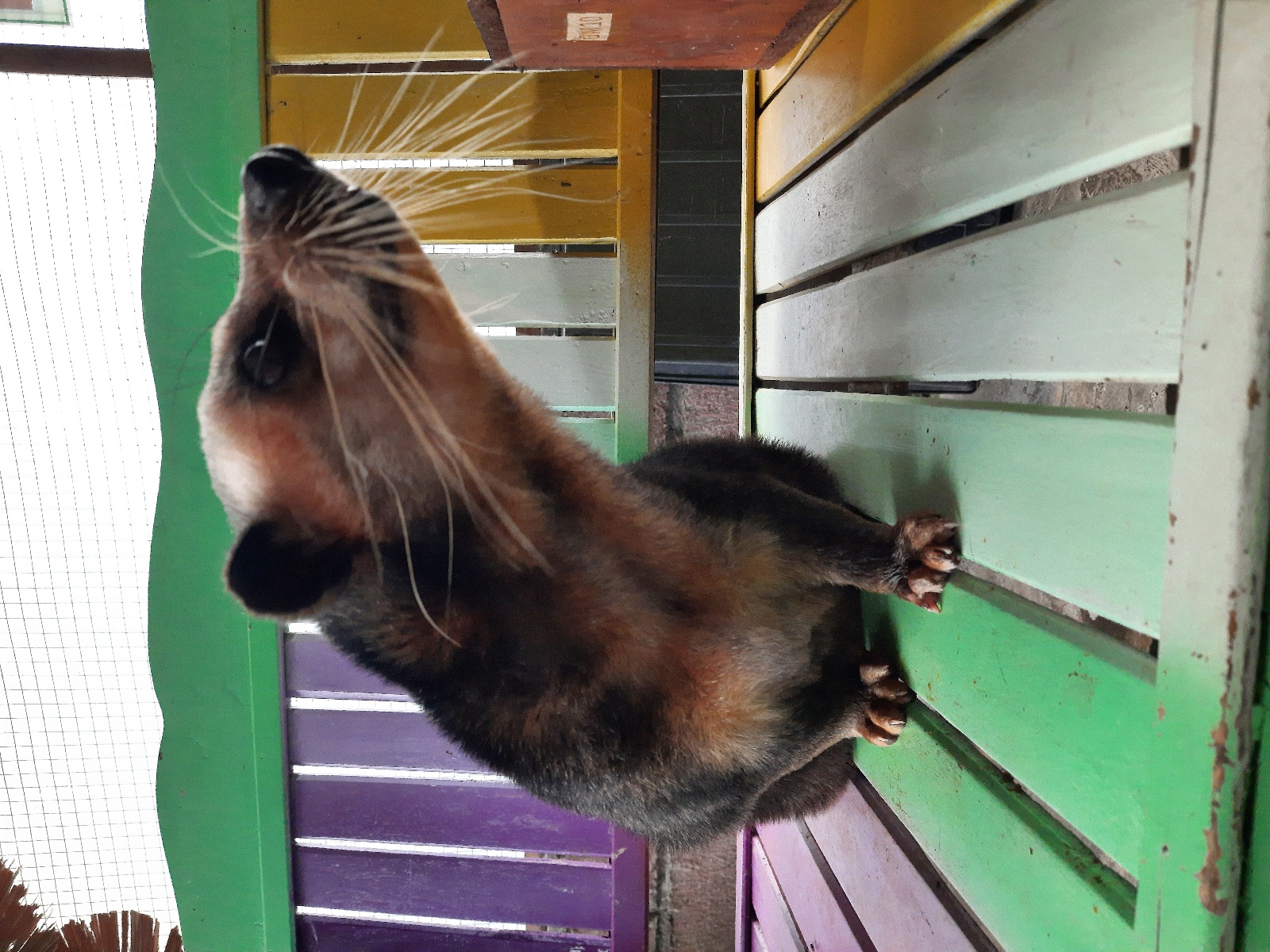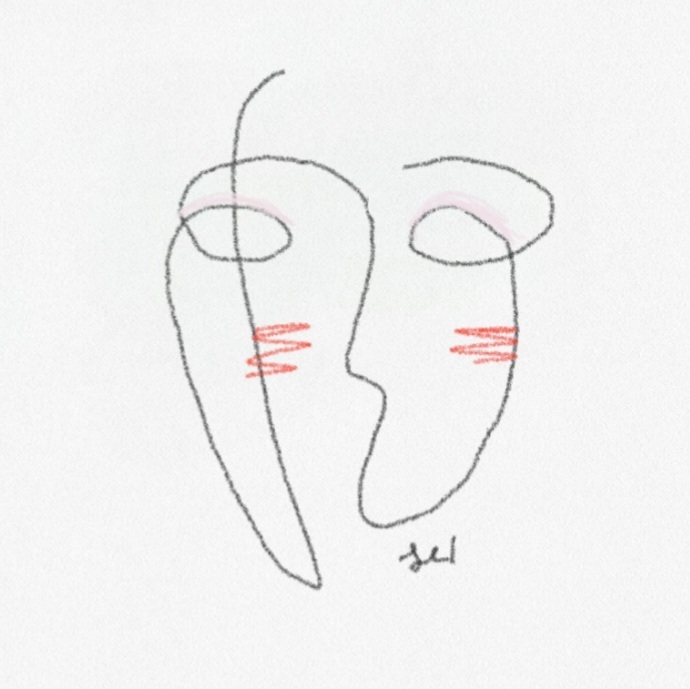Becoming an Active Listener: What to Expect
Are you the friend who’s always there to listen when someone needs to talk? Do you say, “I’m all ears” when someone shares their struggles? If so, you might consider yourself a good listener. But what about becoming an active listener?
Some people might think that active listening is simply nodding along and saying, “I understand.” But true active listening goes beyond that—it’s about being fully present, paying attention to not only the words but also the tone, body language, and even the silences. It involves engaging thoughtfully, asking meaningful questions, and paraphrasing in a way that shows you’re genuinely understanding and connecting with the speaker.
You might assume it’s easy, especially when the person speaking is someone you care about. But active listening comes with its own set of challenges. Here’s what to expect:
1. Emotional Fatigue: Truly engaging with someone’s emotions can drain your energy, especially during long or intense conversations.
2. Resisting the Urge to Fix: It’s tempting to jump in with advice, but active listening often means holding back and letting the speaker work through their thoughts.
3. Miscommunication Risks: Paraphrasing or summarizing what someone says might lead to misunderstandings if you misinterpret their words.
4. One-Sided Dynamics: Constantly being the listener can feel exhausting and unbalanced if the other person never reciprocates.
Active listening isn’t always easy, and sometimes, it’s best to leave it to professionals—especially if the problem is beyond your capacity to help. As a friend, it’s natural to want to help. But there are times when helping yourself should come first. If you’re not in a position to help, it’s okay to say so. For example:
• "I really want to help, but I’m not in the right mindset right now."
• "Maybe it’s better to talk to someone who can really help, like a counselor."
And remember, not everyone deserves your energy as an active listener. Toxic or manipulative individuals, for example, might exploit your willingness to listen. Recognizing this doesn’t make you unkind—it makes you wise.
Active listening is a skill that requires effort, emotional energy, and wisdom. It’s not for every situation or every person. To be a good active listener, you must first take care of yourself. Be kind to others, but always remember to be kind to yourself first.




Komentar
Posting Komentar